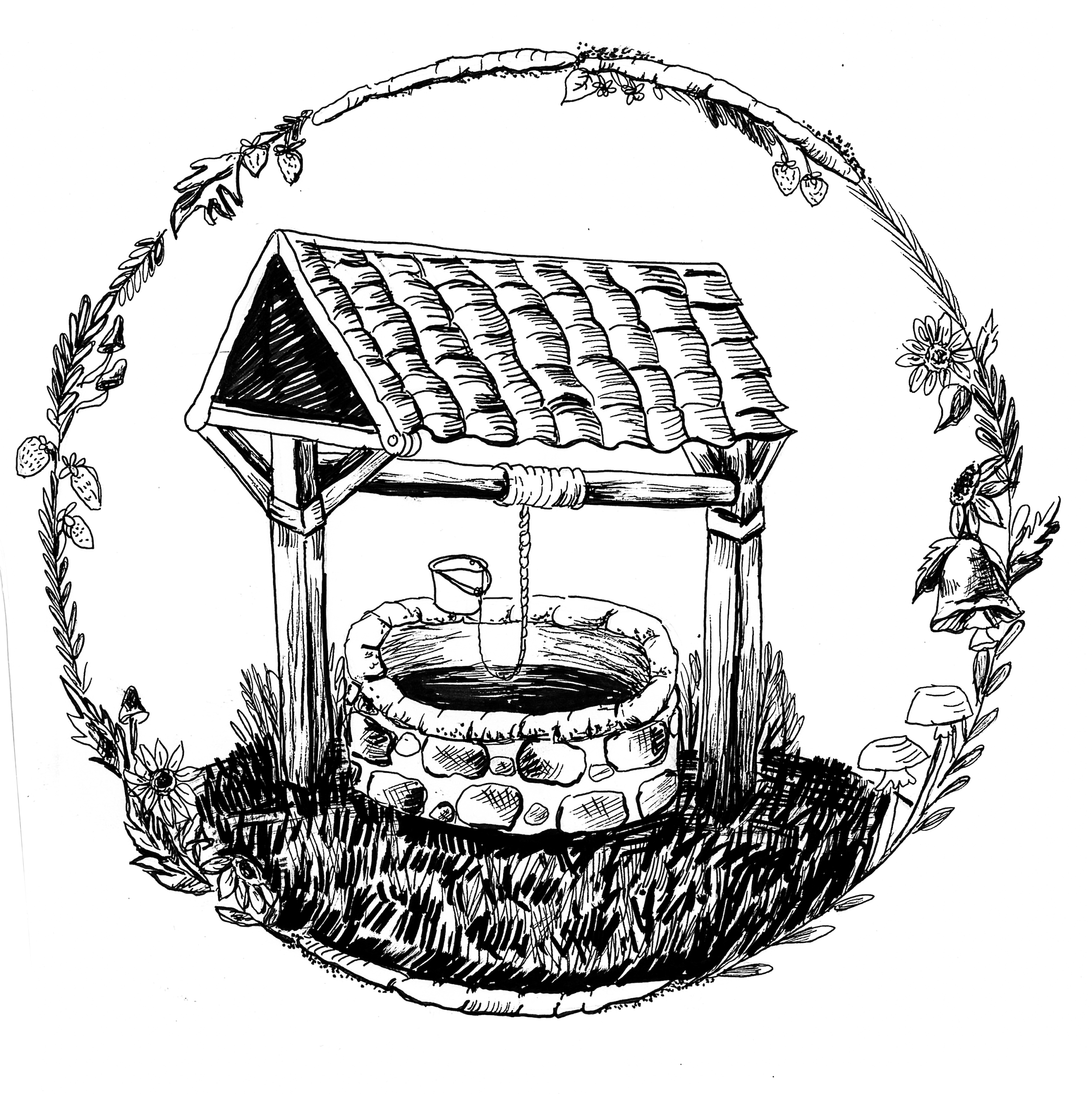One side of evolution deals with the satisfaction of vital needs, defence, survival of the species and growth by modifications towards perfection. Another—and stronger—factor in evolutionary process is concerned with the cosmic function of each living being, and even of inanimate natural objects, working in collaboration for
“Human consciousness comes into the world as a flaming ball of imagination. Everything invented by man, physical or mental, is the fruit of someone’s imagination. In the study of history and geography we are helpless without imagination, and when we propose to introduce the universe to the child,
In loving memory of my mom, Debra Jane Gunselman. Indeed, we are individuals as teachers, parents, spouses, children, etc., but we are also members of the communities that give us our individual identities. Let us turn to the metaphor of chaos theory, where the image of the vortex, such
Defining “integrative” as an independent term has helped me develop a deeper understanding of what integrative learning looks like. In The Systems View of Life, scientists and systems theorists Fritjof Capra and Luigi Luisi (2014) discuss the ideas of “shallow” and “deep” ecology to explain the changing paradigms centered around a
When I began exploring various concepts within integrative learning, Montessori philosophy, and bioregionalism it felt like a daunting task on most days. As I began to settle into the ebb and flow of integrative learning and systems thinking, I gained the confidence to voyage deeper into Montessori philosophy
In the summer of 2019, I was offered a job as a co-teacher in an early childhood (three to six years old) Montessori classroom. Within the course of six months, I faced multiple life altering transitions: I decided to pick up the mantle of being a Montessori practitioner
I was regularly encouraged throughout my junior high and high school years to pursue work in some field of science. I enjoyed science classes and felt that I was highly capable to conduct experiments and engage in scientific inquiry. It also appealed to many of the adults around
I have a passion to help families live healthy lives rooted in the principles of ecoliteracy, especially living in communion with the place they call home. In my adult life, I have learned that the more connected I am to the places I call “home” or “work” I
When I imagine what my life might look like five, ten, sometimes as much as 30 years into the future many images come to mind. First, I think of my dwelling place. I imagine a humble dwelling with access to land for growing food and raising animals. Homesteading









